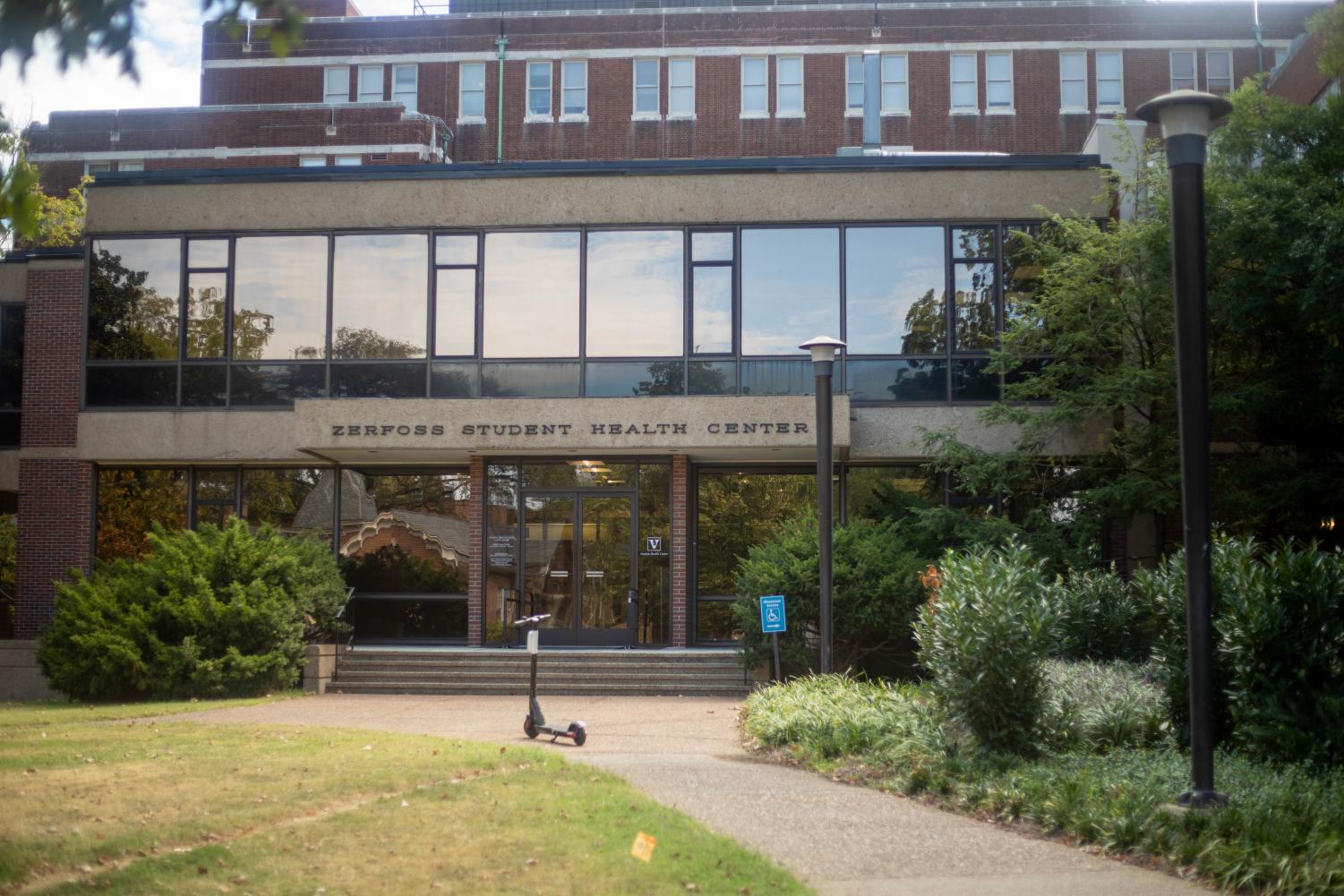
Eating disorders affect millions of people each year. Eating disorders are often characterized by pathological fears around food and body, and are deadly mental illnesses. There are several types of eating disorders including atypical anorexia (characterized by all the symptoms of anorexia nervosa except for low BMI, but have similar pathologies), ARFID (avoidant/ restrictive food intake disorder), rumination disorder, diabulimia (diabetes and bulimia), orthorexia nervosa, night eating syndrome, purging disorder, pica (eating non-food objects), bulimia, binge eating disorder and anorexia. You may wonder why I chose to put the most commonly known eating disorders last; this is because each of the listed disorders are just as important and significant. Everyone who suffers from any of these types of eating disorders is sick enough to receive treatment and help.
What is the difference between eating disorders and disordered eating? Disordered eating is a spectrum of behaviors reflecting an impaired relationship with food. An eating disorder is pathological and occurs when disordered eating symptoms become clinically significant (impairs normal functioning and is distressing to the individual). The goal is to become an intuitive eater. Intuitive eating is the paradigm we have been exploring throughout my posts this year.
When first beginning eating disorder recovery, a person (depending on accessibility to treatment) ideally has what is called a treatment team. This consists of a registered dietitian, a therapist, a medical doctor and often a psychiatrist. There are several levels of care depending on how much support is needed in recovery including outpatient care, intensive outpatient care, partial hospitalization/day programs, residential and inpatient hospitalization.
The first part of working with a dietitian includes creating an adequate meal plan that fulfills the nutritional needs of the individual client. Work with a registered dietitian may also include weight restoration if the individual is underweight, but it is important to remember that not all people with eating disorders are underweight; in fact, most aren’t. The meal plan helps individuals with eating disorders’ bodies adjust to their set point weight when eating a normal amount of food.
After consistently following the meal plan or starting work in healing one’s relationship to food from disordered eating, you can start to start thinking about intuitive eating. Intuitive eating is associated with decreased engagement in disordered eating behaviors, and helps us to feel less out-of-control around food. As we give ourselves permission to eat all of the foods, our bodies learn that they will always be available and don’t have to go into deprivation mode.
If you think you may have a disordered relationship with food or an eating disorder, or know someone who needs help, please reach out to our campus dietitian, Emily Suttle, who can direct you to more resources. Full recovery is absolutely possible, and everyone is worthy of healing.
This will be my last article of the semester as we adjust to a normal during the COVID-19 outbreak. It has been a pleasure to write for you all, and please don’t hesitate to reach out to me if you would like help finding local resources, have any questions or want to talk to another person. As always, I recommend seeking out professional help if you think you have an eating disorder or know someone who might. Thinking of you all during this time.




